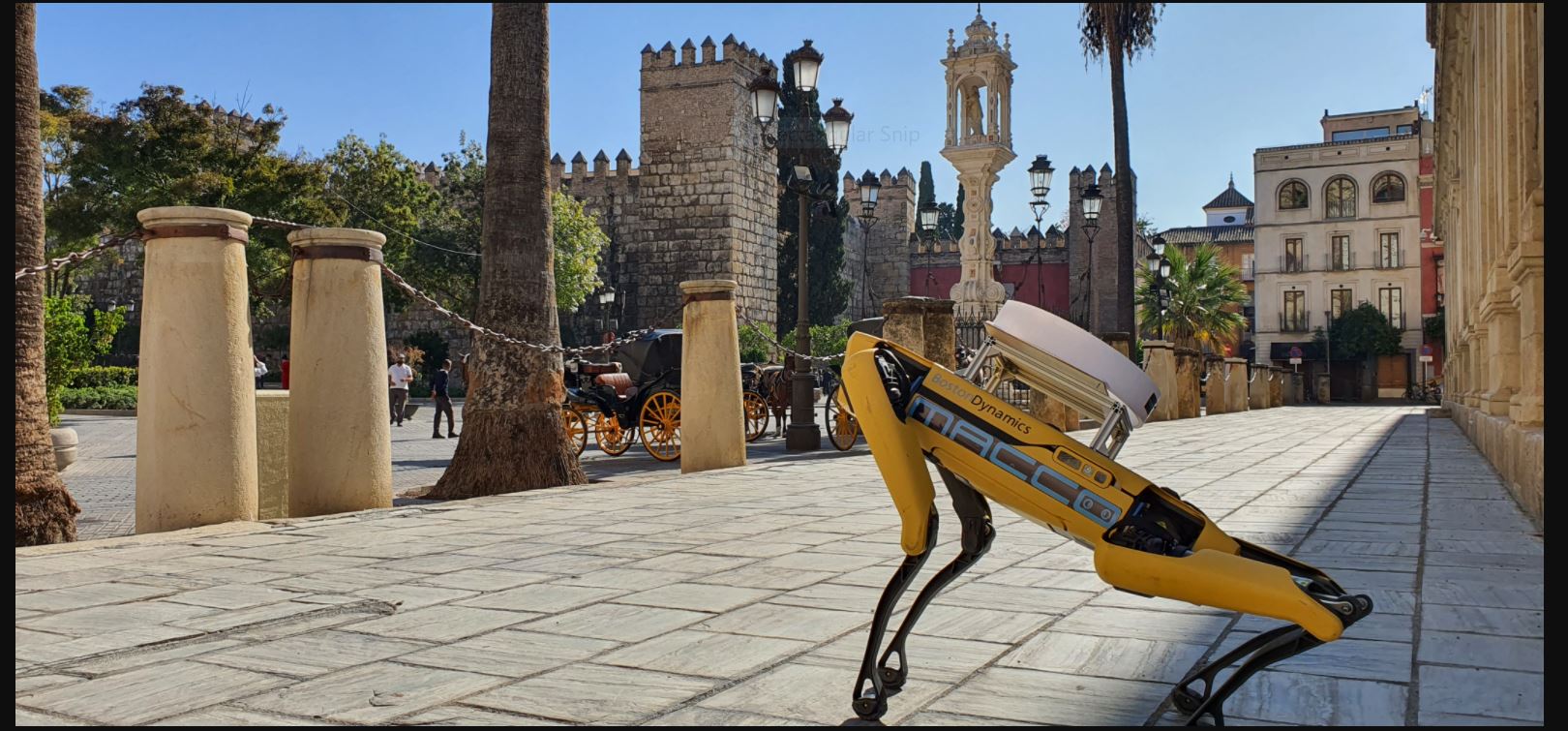By Nivi Shrivastava
A lot is being discussed about Artificial Intelligence services in the current times, and it is expected that soon smart data processing can impact the ways of the world in a very interesting manner. With AI-enabled optimal services, soon we will be experiencing the good, bad, and ugly side of robotic technologies in anticipating service requirements and intelligent adjustments of business processes in the different industries. The robotic innovations could play a huge role in disrupting the trends of luxury and hospitality sectors, and at the Les Roches Marbella Global Hospitality Education the current batch is already getting a taste of it with the first on-campus innovation SPARK. To know more about the future technologies in niche segments, we spoke to Kishhanth Reganathan, CTO at Macco Robotics, who gave us an exclusive insight on the subject.


Customization to cooking, automation is the future: Custom nutrition needs for individuals either by their choice or through their synchronized body data can help robots cook healthy food and recommend the consumers. When dealing with food, the need to understand the nature of food is highly required to create any technology around it and that is most challenging for engineers. Robots are advantageous due to the level of dynamic nature of their value proposition. “Imagine ordering a vitamin rich shake with zero fat after your gym workout, or protein-based diet for lunch rather than having to choose pizza or burger as only options. Healthy food will not just be an option but a lifestyle, with robots beginning to cook and we believe in it,” reveals the robotic technology expert.
Robotic innovations for standardization of services: Macco has always focused on creating Robots as a tool for enhancing the cooking experience, and food and beverage service factors, mentions Renganathan. He further informs, “The main value proposition of these robots in the food and beverage sector are standardization and customization or personalization. They may look contradictory but as of today, providing customized food options to the mass population in a standardized manner was/is not possible due to the complex operation process and cost involved. Robots can make it possible, and that is what we at Macco are focusing on.”
Incorporating technology in the hospitality sector – pros and cons:
Food and beverage sector is an essential yet the most challenging sector for technology to penetrate. Main challenge is being either high traffic or highly luxurious end to end service needs, and technology will have to adapt to the needs of the service staff. “We at Macco call it 6p’s of Robots – Productivity, People, Protection, Publicity, Perfection and Profit. With so many values being offered through a single unit of Robot, a business can make use of this as a tool based on the needs of the kitchen. It could act as a productive tool with high traffic restaurants, or a perfectionist tool to control quality and creativity in a dish on a luxury sector or act as a marketing tool for events. The advantages are many, but with a typical fear of job replacement as always, and we are sure that robots will just be an additional tool in a kitchen to make life easier and give more creative space for us by taking up repetitive and boring chores out to great extent,” sums up Renganathan.
SPARK collaborations include Marbella’s City Hall and eight tech companies linked to robotics (Macco Robotics), automation and control of spaces (Enkoa), materials (Valyro), smart home automation (Miralay), smart security (Assa Abloy), furniture (ID projects), experience (Astroland), gastronomy (Natural Machines), and avant-garde tourism
